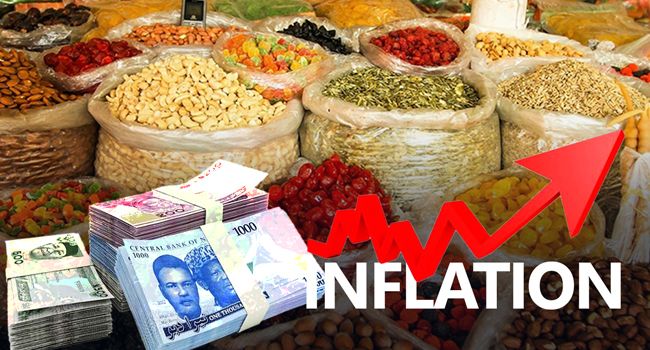
Nigeria’s inflation rate eased to 23.71% in April 2025, according to the latest Consumer Price Index (CPI) report released by the National Bureau of Statistics (NBS) on Thursday.
The data reflects a 0.52 percentage point decline from the 24.23% recorded in March, signaling a notable slowdown in the country’s inflationary trend.
Month-on-month inflation also decelerated sharply, coming in at 1.86% for April. This represents a considerable drop from the 3.90% recorded in the previous month.
The NBS attributes the decline to a combination of factors, including reduced food price pressures and changes to the CPI calculation model. In February, the bureau adjusted the inflation methodology by reducing the weight of food in the consumer basket from 51.8% to 40%, a shift aimed at better capturing evolving consumer spending habits.
Despite the overall slowdown, food inflation continues to pose challenges. Year-on-year, food prices in February rose by 23.51% a decrease from the 37.92% spike recorded in February 2024. However, disparities remain across states, with some regions such as Edo, Enugu, and Sokoto experiencing higher food inflation rates than others like Kaduna, Akwa Ibom, and Plateau.
These developments are expected to weigh heavily on the Central Bank of Nigeria’s Monetary Policy Committee as it prepares for its next meeting. Policymakers will likely assess whether previous rate hikes have been effective or if additional measures are required to further curb inflationary pressures.





